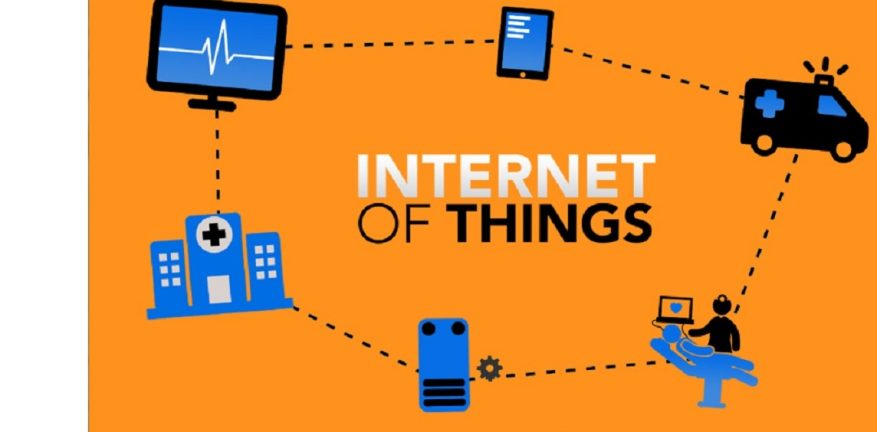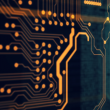Patient health data is increasingly democratized—despite data-quality issues
As health care moves toward preventative care, AI and IoT are at the forefront, empowering patients to manage their health.
From gathering health data on patients’ vitals to understanding genetic predisposition for diseases such as cancer and Alzheimer’s, Internet of Things (IoT) devices and artificial intelligence (AI) have changed how patients and practitioners approach illness and treatment.
Patients can measure heart rate or glucose levels from a smartwatch, or share data from DNA testing with doctors. But the question quickly becomes how practitioners and consumers can use patient health data for greatest benefit when it is inaccurate subject to breach. The “impending data storm of information coming from millions of people,” could drive further chaos, as Accenture noted.
Practitioners say that health care tools like wearables have changed patient — and provider — access to information about health, from heart rate to glucose levels.
“The Apple Watch opens up a new realm for us,” said Scott LaJoie, an associate professor at the University of Louisville School of Public Health. “It’s connectivity, the internet, — the potential to monitor your heart rate and have algorithms that can detect conditions like [atrial fibrillation]. That is so powerful.”
Health Data Ushers in New Chapter of Health Care Intelligence
The number of consumers tracking their health data with wearables has more than doubled between 2013 and 2018, according to a Deloitte survey. At the same time, though, 94% of physicians find digital health data overwhelming, redundant and unlikely to make a clinical difference, according to a Black Book consumer survey.
Experts agree that patients’ access to health data can be life-altering — but only if patients can make meaningful use of the data, and adjust behavior.
“Technology can help people as long as they can fit it into their lives,” said Lisa Gualtieri, an assistant professor of public health and community medicine at Tufts University School of Medicine. “How can people bring meaning to data with behavior change?”
At the same time, industry experts counsel caution. Data is king, but only if data samples are scientifically valid and if research is robust .“We get lost with the glitter sometimes,” said Alan Mihalic, president of the IoT Security Institute. “If we can’t have trust in the data, practitioners will find themselves with garbage in, garbage out.”
Practitioners say that while consumer wearables have boosted patients’ and providers’ ability to get data, there are limits to its usefulness.“If you’re gathering redundant or nonpredictive information, that information just increases the noise-to-signal ratio,” LaJoie said .
To read the complete article, visit IoT World Today.

















